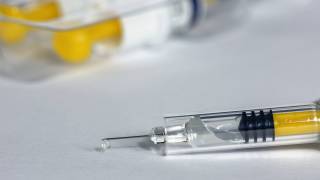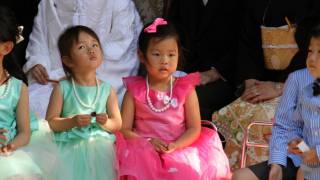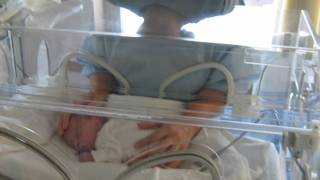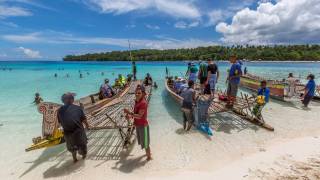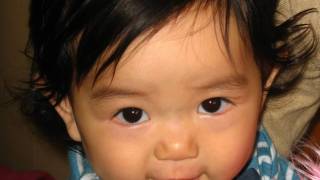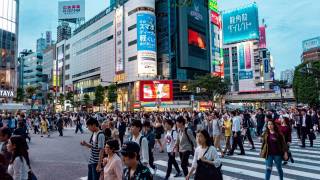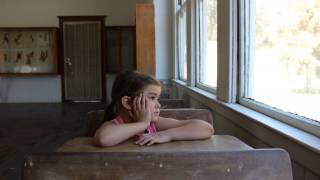Non-Immunized Pregnant Women Advised to Avoid Japan
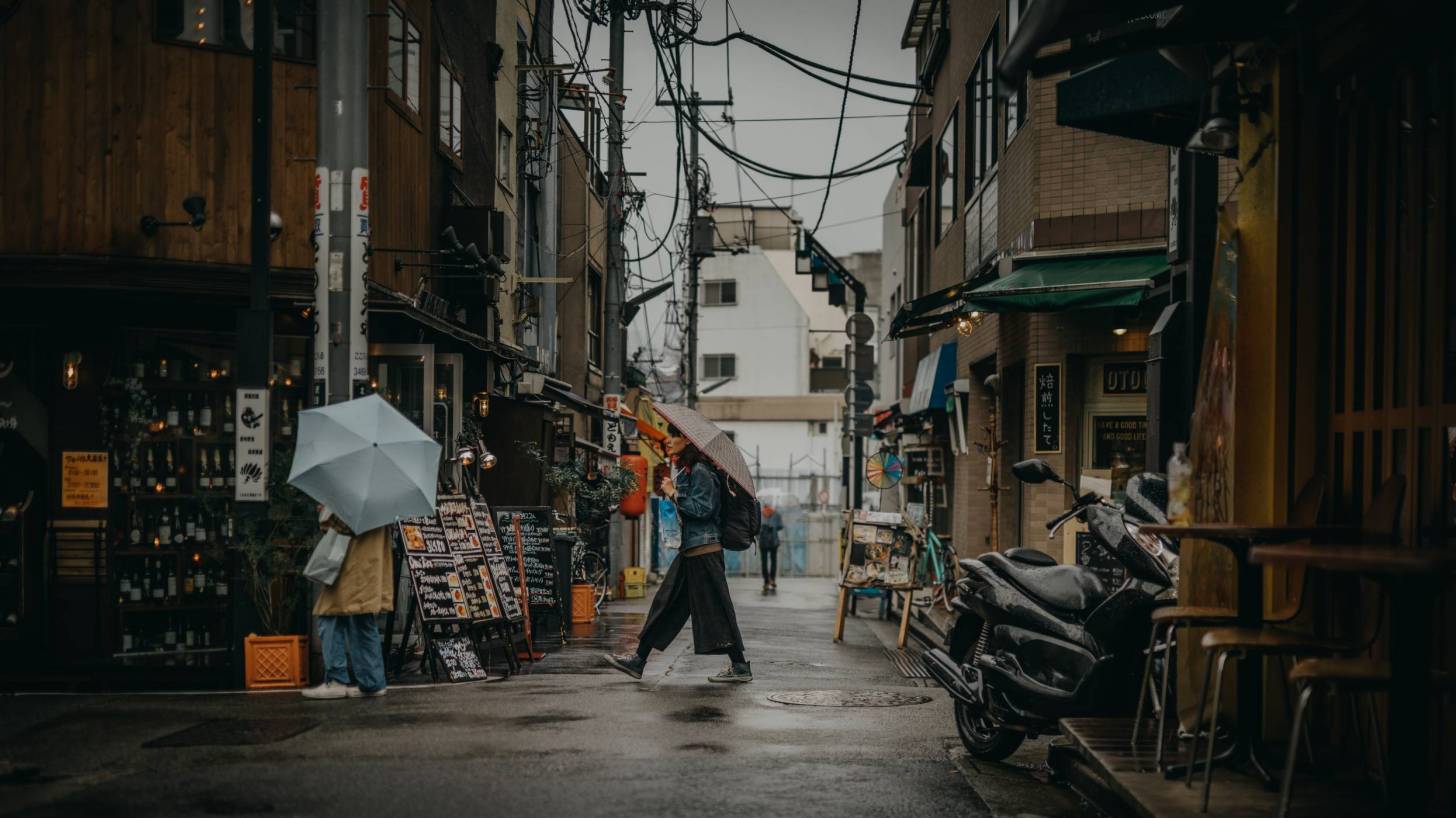
International travelers visiting Japan are advised by the US Centers for Disease Control and Prevention (CDC) to ensure they are fully protected against the Rubella disease before arriving in Japan.
The CDC issued an updated Level 2 Travel Alert for Japan on January 3, 2020, says ‘there is an ongoing outbreak of rubella, which is a contagious disease caused by a virus.
As of December 18, 2019, Japan’s National Institute of Infectious Diseases reported 2,288 rubella cases, Japan’s capital city of Tokyo reporting the most rubella cases, 854 during 2019.
For the majority of people, rubella, also known as German measles, is a mild infection, causing little more than a mild fever and a rash.
However, rubella is a very dangerous disease for pregnant women and developing babies.
This updated ‘Practice Enhanced Precaution’ Travel Alert says ‘pregnant women who are not protected against rubella should not travel to Japan during this outbreak.’
This CDC recommendation is because about 90 percent of women who get rubella early in pregnancy will pass it on to their unborn children.
Rubella is a highly contagious disease caused by the rubella virus. It can be spread from an infected person to other people in different ways, including direct contact and through the air, such as when an infected person coughs or sneezes.
Additionally, a rubella infection early in pregnancy can lead to miscarriage, stillbirth, or Congenital Rubella Syndrome (CRS) in an infant.
CRS is a condition that includes severe birth defects and lifelong disability, like vision and hearing impairments and heart defects. Deafness occurs in about 66 percent of children born with CRS.
It is estimated by the World Health Organization that around 100,000 children are born with CRS every year.
In the last WHO/CDC rubella elimination study published in October 2019, it was estimated that 69 percent of infants were protected against rubella.
In an effort to reduce Japan’s rubella outbreak, the Health, Labor and Welfare Ministry made the test for rubella antibodies and vaccinations free, in principle, for men between 40 and 57 years of age for 3 years through the end of fiscal 2021, reported Japan Times on October 3, 2019.
> Check your rubella immunity at UltaLabs <
This is important news since about 31 million people visit Japan annually.
Moreover, Japan is the host country for the 2020 Summar Olympics, scheduled to begin on July 24, 2020.
“The (vaccination) hurdle remains high because the men in the targeted age range are prime-age workers, so it is difficult for them to find time to do it,” ministry official Takuma Kato said.
The CDC says ‘if pregnant women travel to Japan during this rubella outbreak, they should consider these action items:
Talk with their healthcare providers before traveling to Japan to check whether they are protected against rubella and whether it is advisable to travel.
Avoid traveling to Japan especially important during the first 20 weeks of pregnancy.
Get a rubella vaccine after they have given birth if they are not already protected against rubella.
In the USA, there are 2 approved rubella vaccines, MMR II-Rubella and ProQuad. Both vaccines are available at most pharmacies.
Additionally, the CDC included Japan in its revised Global Measles Outbreak Notice published on January 03, 2020.
Rubella vaccines, like any medicine, can produce side effects. You are encouraged to report vaccine side effects to a healthcare provider or the CDC.
Japan’s travel vaccine news is published by Vax-Before-Travel.
Our Trust Standards: Medical Advisory Committee










